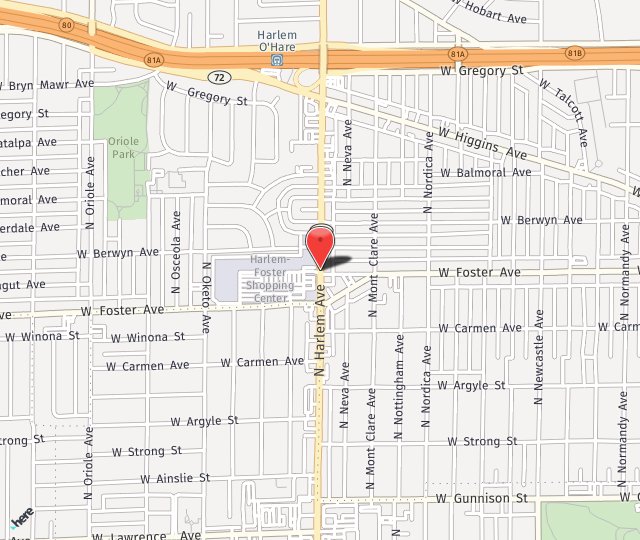Transvaginally placed surgical mesh bladder slings are used to treat stress urinary incontinence and pelvic organ prolapse in women. In 2008, the Food and Drug Administration (FDA) said it had received over 1,000 reports of serious complications associated with the bladder slings. At least nine different companies who make the slings have reported complications with their product or the procedure used to place it.
How and Why the Mesh is Used
The surgical mesh bladder slings are used to treat stress urinary incontinence (SUI) and pelvic organ prolapse (POP).
In SUI a small amount of urine sometimes leaks out during moments of physical activity. POP is a condition in which the bladder, uterus, bowl, or rectum has dropped from its normal position and it pushing against the vaginal wall. It can involve one or more of the organs. Muscles normally hold these organs in place, but these muscles can be weakened by childbirth or surgery.
Surgical mesh, used to support the bladder or other organs is placed through an incision in the vaginal wall. The procedure is considered minimally invasive, but now there are reports of very serious complications.
Complications of Vaginal Mesh and Bladder Slings
Complications associated with transvaginally placed surgical mesh include problems with the product and problems with the placement procedure. Complications during the procedure can include:
- Bowel perforation
- Bladder perforation
- Blood vessel perforation
Complications arising after the procedure can include:
- Erosion of the mesh through the vaginal epithelium into the vagina
- Vaginal scarring
- Infection
- Granuloma formation
- Persistent vaginal discharge
- Pelvic pain
- Dyspareunia - severe pain during intercourse
- Vaginal fistulas - abnormal pathways connecting the vagina to organs such as the bladder, colon, or rectum
- Urinary problems
- Recurrence of SUI or POP
Injuries Caused by Defective Vaginal Mesh and Bladder Slings
Women who undergo surgery to place bladder slings are told that it is a safe, minimally invasive procedure. Typically an out-patient surgery, the procedure itself takes only a few minutes to perform.
It sounds simple and safe, but vaginal mesh and bladder sling complications can cause permanent injuries, chronic pain, inability to have sexual relations, and severely diminished quality of life. Treatment typically involves surgeries, some to remove the mesh and some to treat other problems caused by the mess. Removing the mesh can require multiple surgeries and may never be entirely successful.
If you or a loved one is in need of legal assistance, call Heller & Richmond, Ltd. at {tel} or submit an online questionnaire. The initial consultation is free of charge, and if we agree to handle your case, we will work on a contingency fee basis, which means we get paid for our services only if there is a monetary recovery of funds. In many cases, a lawsuit must be filed before an applicable expiration date, known as a statute of limitations. Please call right away to ensure that you do not waive your right to possible compensation.



